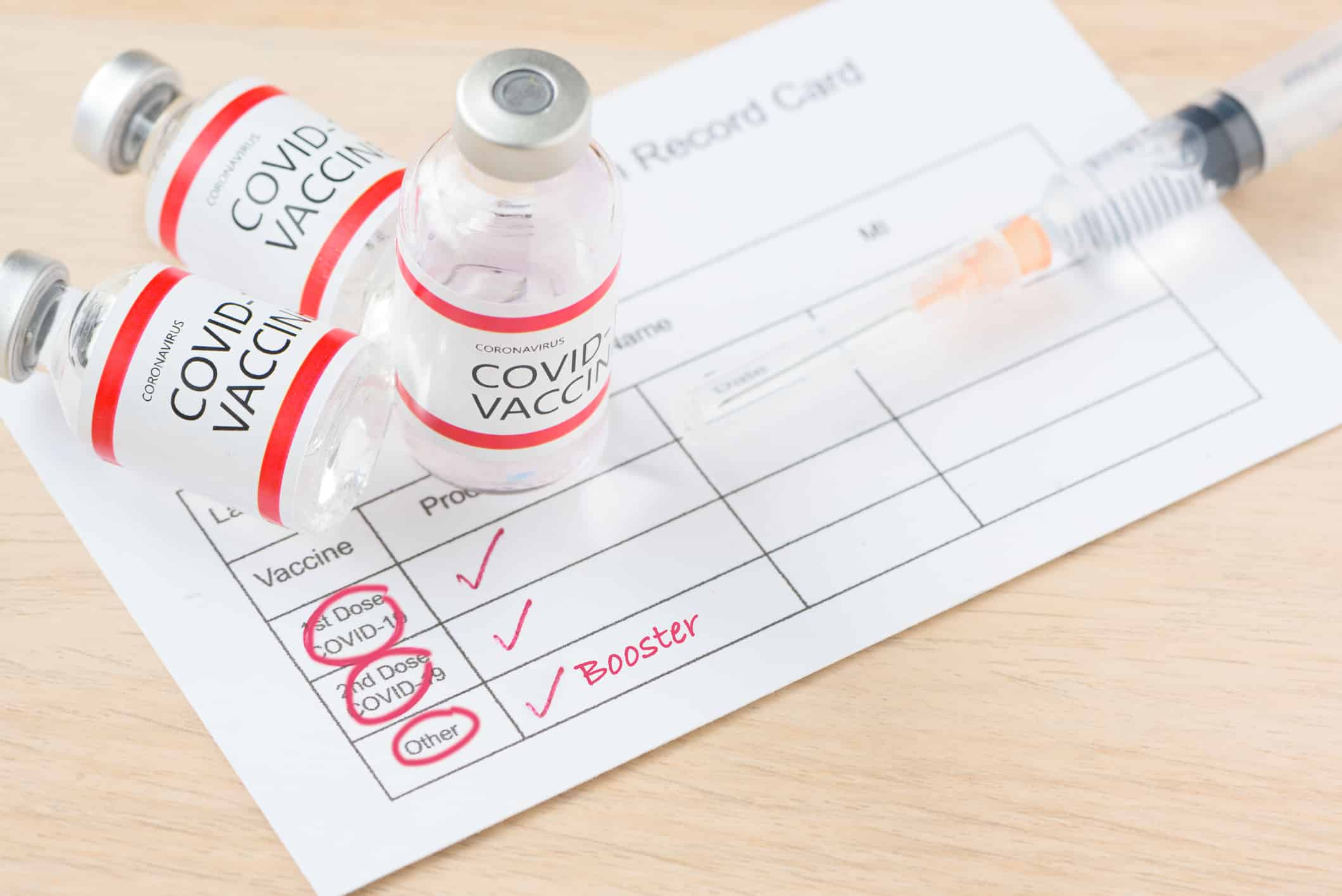US Senate: Warren (D) 56%, Deaton (R) 36%
A new Emerson College Polling/WHDH survey in Massachusetts finds 59% of voters support Kamala Harris for president in 2024, while 36% support Donald Trump. Three percent plan to vote for a third party and two percent are undecided. With undecided voters’ support accounted for, Harris’ overall support increases to 60% and support for Trump increases to 37%.
“Harris’ 23-point advantage in Massachusetts slightly underperforms Joe Biden’s final margin in the 2020 election, when he carried the state by over 30 points,” Spencer Kimball, executive director of Emerson College Polling, said.
A majority of voters, 56%, support incumbent Democratic Senator Elizabeth Warren in the election for US Senate. Thirty-six percent support Republican challenger John Deaton. Seven percent are undecided, while one percent support a third-party candidate.
Forty-six percent of voters approve of the job Joe Biden is doing as president, while 43% disapprove. Forty-one percent approve of the job Maura Healey is doing as governor, while 34% disapprove.
Massachusetts has several issue questions that will appear on the ballot in November. Voters were asked if they would vote yes or no on the following measures.
On Question 1, which would specify that the State Auditor has the authority to audit the Massachusetts Legislature, 67% would vote yes, 14% would vote no, and 20% are unsure.
On Question 2, which would eliminate the requirement that a student pass the Massachusetts Comprehensive Assessment System (MCAS) tests (or other statewide or district-wide assessments) in mathematics, science and technology, and English in order to receive a high school diploma, 54% would vote yes, 41% would vote no, and five percent are unsure.
- 61% of Massachusetts parents/guardians of a child in K-12 school plan to vote yes on Question 2, while 32% plan to vote no.
On Question 3, which would provide transportation network drivers the option to form unions to collectively bargain with transportation network companies regarding wages, benefits, and terms and conditions of work, 57% would vote yes, 33% would vote no, and 10% are unsure.
On Question 4, which would allow persons over age 21 to use certain natural psychedelic substances under licensed supervision and to grow and possess limited quantities of those substances in their home, and would create a commission to regulate those substances, 50% would vote yes, 44% would vote no, and six percent are unsure.
On Question 5, which would gradually increase the minimum hourly wage an employer must pay a tipped worker over the course of five years, 42% would vote yes, 51% would vote no, and seven percent are unsure.
Voters were asked to rate the quality of Massachusetts public schools on a scale of “1” to “5” where “1” means “very poor quality” and “5” means “very high quality.” Four percent rated Massachusetts public schools as “1 – very poor quality,” 11% said 2, 37% said 3, 34% 4, and 14% “5 – very high quality.”
- Voters who rated Massachusetts schools as average (3) or below average (2) were more likely to oppose Question 2, with 45% planning to vote no and 50% yes.
Housing affordability is the top issue for 38% of Massachusetts voters, followed by the economy (22%), immigration (16%), and threats to democracy (11%).
Methodology
The Emerson College Polling Massachusetts survey was conducted October 24-26, 2024. The sample of likely voters, n=1,000, has a credibility interval, similar to a poll’s margin of error (MOE), of +/- 3 percentage points. The data sets were weighted by gender, education, race, age, party registration, and region based on 2024 likely voter modeling. Turnout modeling is based on U.S. Census parameters, exit polling, and voter registration data.
It is important to remember that subsets based on demographics, such as gender, age, education, and race/ethnicity, carry with them higher credibility intervals, as the sample size is reduced. Survey results should be understood within the poll’s range of scores, and with a confidence interval of 95% a poll will fall outside the range of scores 1 in 20 times.
Data was collected by contacting cell phones via MMS-to-web text (phone list provided by Aristotle) and an online panel of voters provided by CINT.
All questions asked in this survey with the exact wording, along with full results, demographics, and cross tabulations can be found under Full Results. This survey was funded by Emerson College/WHDH.







